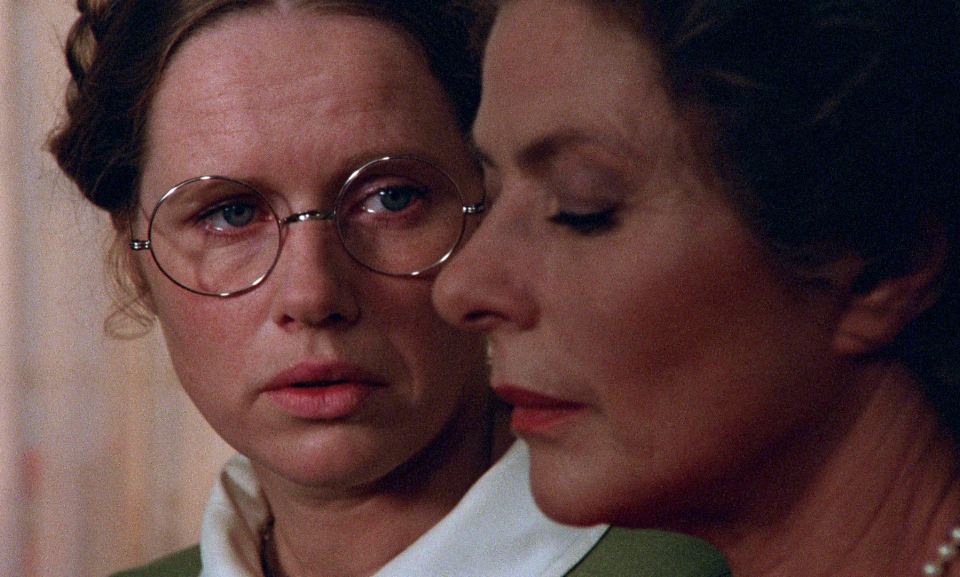

It’s as if the umbilical cord had never been cut.” The mother’s failures are to be paid for by the daughter” she explains, before adding “The mother’s unhappiness is to be the daughter’s unhappiness. When confronted by her daughter in one of the film’s harshest scenes, she expresses how her daughter’s failure isn’t completely her fault, “The mother’s injuries are to be handed down to the daughter. She moves across the screen like an animal on the verge of attack, but always keeps a ladylike composure that makes her words even more damaging. We learn that Charlotte has always been a neglectful mother, perhaps unprepared to bring children into the world.īergman, who was always known for her touching, intensely emotional performances (and for playing lovable characters at the brink of unraveling) brings a steely determination to Charlotte. In other words, they’re in one of Ingmar’s favorite universes.Īutumn Sonata is like an intimate chamber piece that makes us feel like we’re intruders, for no one should ever be present when such truths are revealed. This, among many other things, leads to a showdown between mother and daughter who harbor decades of resentment, regret, and bitterness. Eva lives there with her husband Viktor (Halvar Björk) and her disabled sister Helena (Lena Nyman), who was put in a medical institution by her mother but was rescued by Eva. Ingrid plays Charlotte Andergast, a world-famous concert pianist who visits her daughter Eva’s (Liv Ullmann) remote home for a few days. Their Autumn Sonata is as much a film by Ingmar as it is a film by Ingrid. Even though they were both pretty active during the same time, it wasn’t until 1978 that they finally worked together. All in all, powerful and moving, and while it is not one of my favourites from Bergman it is still highly recommendable.Ingrid Bergman and Ingmar Bergman might be Sweden’s most popular film icons of all time the former became one of Hollywood’s most beloved leading ladies - and one of the greatest screen performers - the latter changed the way in which emotions were dealt with on film, going on to inspire the careers of renowned auteurs like Woody Allen and Michael Haneke. Both leading ladies are outstanding, Ingrid Bergman's elegant but somewhat faded beauty is ideal for the selfishness of her character, but I was even more impressed by Liv Ullman, who has such intensity in her eyes and facial expressions. Charlotte's selfishness is also very powerfully conveyed as is Eva's sense of resentment, while the scene that moved me most was the two at the piano.

The script is mostly thought-provoking and the story, which is essentially a study of guarded emotion, resentment and regret, has the Bergman darkness and harrowing moments like with the sister with the horrible degenerative disease and the drowned toddler. The music is beautiful and haunting, I have to say as a life-long fan of classical music that the use of the Chopin prelude is one of the finest uses of classical music in film to me.

As ever with Bergman, it is wonderfully photographed(by none other than Sven Nykvist) and directed, and it has some lovely scenery too. This said, apart from an occasional over-load of speeches that come across as too theatrical, Autumn Sonata is still a remarkably good film. I did find The Seventh Seal, Wild Strawberries, Fanny and Alexander, Cries and Whispers and Persona even better.
Autumn sonata imdb movie#
Autumn Sonata was a movie that did move me a lot, but I'd hesitate in calling it one of Ingmar Bergman's best.


 0 kommentar(er)
0 kommentar(er)
